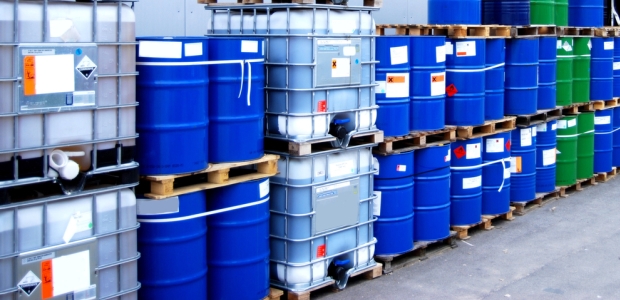
Transform Tox Testing Challenge Under Way
The National Toxicology Program and partner agencies are behind the challenge, which will award $500,000 for ideas that help innovate current toxicity testing methods.
The National Toxicology Program, headquartered at the National Institute of Environmental Health Sciences, is working with the U.S. Environmental Protection Agency and the National Center for Advancing Translational Sciences in the current Transform Tox Testing Challenge: Innovating for Metabolism, which is seeking new ways to incorporate physiological levels of chemical metabolism into high-throughput screening (HTS) assays. Accomplishing this will help researchers more accurately assess effects of chemicals and better protect human health because HTS uses automated methods that allow for a large number of chemicals to be rapidly evaluated for a specific type of biological activity.
Dr. Russell Thomas, Ph.D., director of the National Center for Computational Toxicology at EPA, is an expert in research on new and more efficient ways to evaluate the safety of chemicals, and particularly in assessing chemicals for human health effects.
The challenge has three stages with cash awards for each stage. There will be $500,000 awarded for ideas that help to innovate current toxicity testing methods.
The agencies note that few of the thousands of chemicals in commerce today have been fully evaluated for potential health effects. Current HTS assays don't fully incorporate chemical metabolism, so they may miss chemicals that are metabolized to a more toxic form in the body.
The first stage, the call for proposals, ends April 8. As many a 10 submissions may be invited to continue on to the next stage, prototype development, which will be followed by the product testing stage. The duration of stages two and three has not yet been determined.
Semi-finalists in the challenge are scheduled to be announced May 16.
To register and for further details, visit http://transformtoxtesting.com.